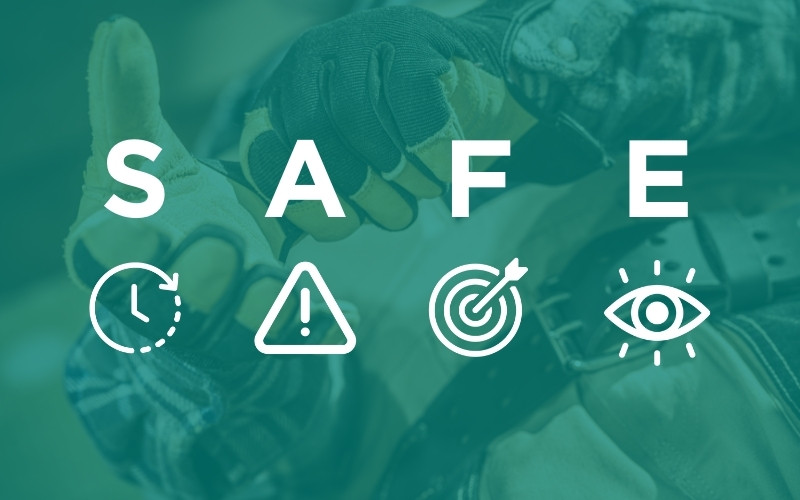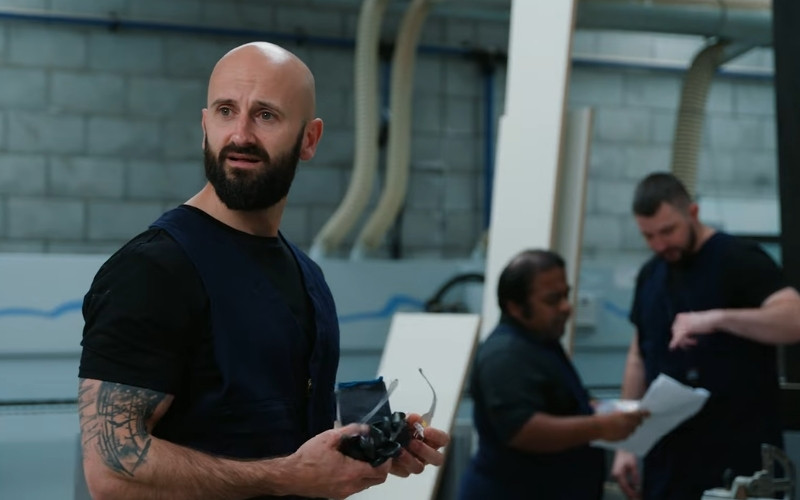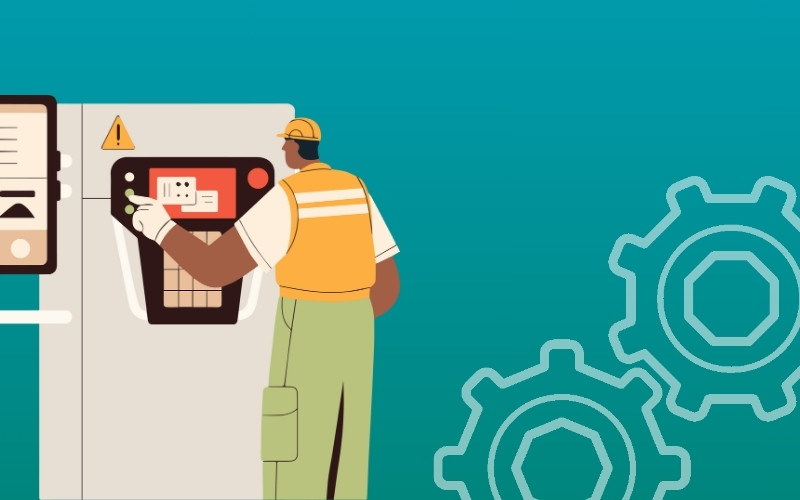Our people are our priority.
We believe that every person should go home free of injury, every day.
Underpinning all our operations are robust Health & Safety policies and practices. We work with both employers and field employees to proactively identify and manage risk.
AWF is also part of Accordant, the only NZX-listed recruitment group in the country, which means we're obligated to adhere to strict regulations, reporting, and audits to ensure high-quality recruitment processes.
Everyone in our organisation plays a part in maintaining best practice Health & Safety standards that are compliant with today’s legislation. Our processes and practices are designed to drive the prevention of harm, and these include:
Pre-employment checks
A zero tolerance towards drugs & alcohol
Health & Safety training during employee induction
Providing site specific PPE where applicable
Regular site audits and toolbox meetings
Health & Safety awards to help keep risk reduction front of mind
Consistent measurement of key Health & Safety metrics
Worker participation programme, with Health & Safety representatives both in branches and in the field
Ongoing upskilling and training for internal employees as and when needed
Regular field employee communications, campaigns, newsletters, and alerts, based on learnings from key metrics
Continuous improvement of procedures and policies aligned with our annual Health & Safety action plan and objectives
Our Health & Safety Initiatives
Using our Health & Safety data, we constantly monitor the rate of injuries and near misses to identify areas of risk that need improvement. Based on this information, we then determine common situations and causes, and create bespoke Health & Safety initiatives to change behaviour and minimise risk. Our approach often includes communications across a wide range of channels, incorporating digital and on-site activations, and is targeted to both our clients and our field employees.
Check out some of our initiatives below!
You can use the 4 boxes to put in videos side by side or any content in columns.

Golden Safety Rules
This is a list of nine core safety rules which have been determined by the areas of high risk identified within our industries. These rules are included during induction, and help govern our actions and ongoing safety discussions.
Find Out More

S.A.F.E. Hands
After identifying that there had been an increase in the number of hand injuries across our workforce, we created a campaign addressing the common scenarios where hand injuries happened, with tips to avoid them.
Find Out More

Work Shouldn't be a Pain
The goal of this Health & Safety initiative is to raise awareness of a wide range of common workplace injuries, and equip our team with the tools and information they need to stay safe and avoid these common injuries.
Find Out More

Speak Up
This multi-channel campaign tells the story of how important it is for our field employees to speak up if their duties change during an assignment, and they feel unequipped or unprepared to take on the new task.
Find Out More

Change Gear in the New Year
Our Health & Safety data shows that the risk of injuries and near misses can increase in the New Year due to people being in 'holiday mode', so we created a campaign to help our team change gear and get back into 'work mode'.
Find Out More

Warm Up for Your Team
This campaign focuses on the importance of warming up before physical activity at work to prevent our people from injuring themselves, both for their own benefit and for their 'team' - whether that's, friends, whānau or workmates.
Find Out More

Get Your Head in the Game
With data showing the risk of near misses and injuries increasing as our workforce return to work after the break, our initiative aims to get our people engaged, focused and get their head back in the game.
